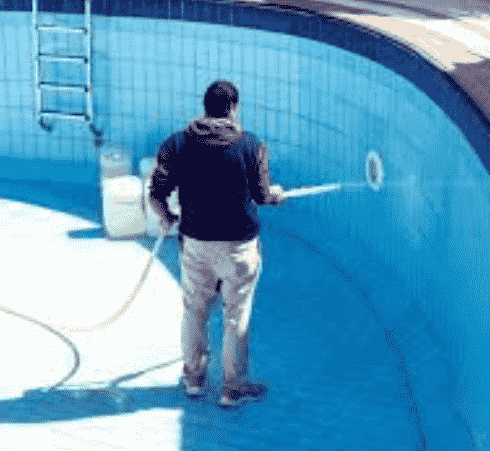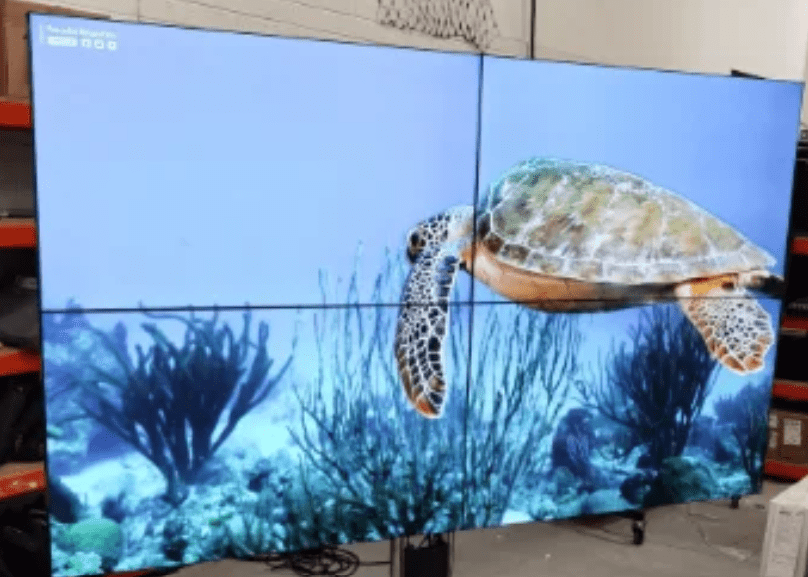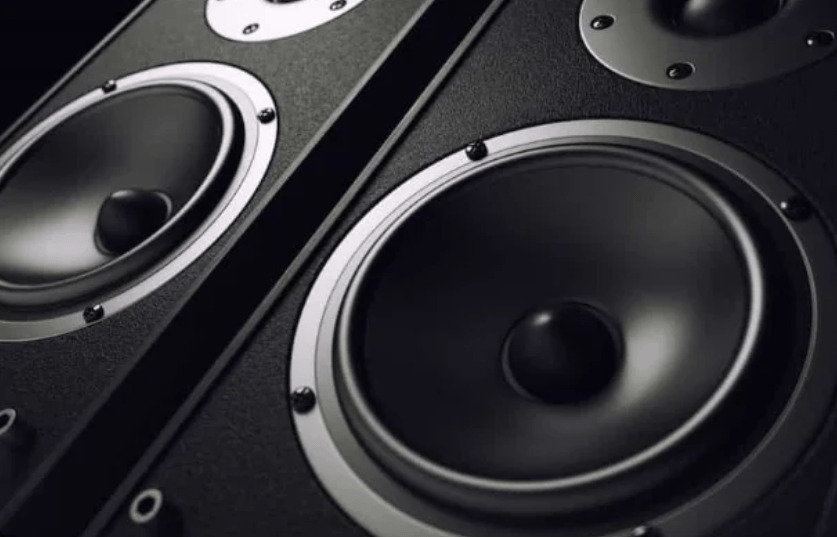Introduction
Owning an above ground pool cleaning is a fantastic way to enjoy relaxation & fun, but keeping it clean is essential for water clarity, safety, & longevity. Regular maintenance prevents algae growth, removes debris, & ensures the proper chemical balance. If you are wondering how to clean above ground pool, this guide from The PixWox covers everything you need to know.
Why Cleaning Your Above Ground Pool Is Important
Neglecting your pool can lead to murky water, bacterial growth, & expensive repairs. Proper cleaning helps:
- Prevent algae & bacteria
- Extends the life of pool equipment
- Maintain water clarity for a pleasant swim
- Reduces the risk of skin or eye irritation
Now, let us break down how to clean above ground pool step by step.
Skim & Remove Debris
Daily skimming helps prevent leaves, bugs, & dirt from sinking & decomposing in the water. Use a pool skimmer net to
- Collect floating debris
- Prevent clogs in the filter
- Keep the water looking fresh & inviting
Vacuum & Brush the Pool
Even if you skim daily, dirt & algae can accumulate at the bottom & walls of your pool. Here’s how to remove them effectively:
Use a pool vacuum
Manual or automatic vacuums work best for cleaning the pool floor.
Brush the walls & floor
A nylon pool brush helps scrub away algae & dirt stuck on surfaces.
Clean & Backwash the Pool Filter
Your pool filter plays a crucial role in trapping dirt & contaminants. There are three main types:
Sand Filters
Needs backwashing when pressure rises.
Cartridge Filters
Require rinsing or replacing regularly.
Diatomaceous Earth (DE) Filters
Need backwashing & DE powder replenishment.
How to clean your pool filter:
- Turn off the pool pump.
- Remove & rinse the filter with a garden hose.
- Backwash (for sand & DE filters) when needed.
- Replace or clean cartridges as necessary.
Balance the Pool Water Chemistry
Testing & adjusting pool chemicals is vital to keeping the water safe. The ideal levels are:
- pH: 7.2 – 7.6
- Chlorine: 1.0 – 3.0 ppm
- Alkalinity: 80 – 120 ppm
- Calcium Hardness: 180 – 220 ppm
How to adjust pool chemicals:
- Low pH? Add soda ash or baking soda.
- High pH? Use muriatic acid or pH decreaser.
- Low chlorine? Add pool shock or chlorine tablets.
- Algae forming? Use an algaecide treatment.
Shock Your Pool When Needed
Shocking your pool removes contaminants, kills bacteria, & restores chlorine effectiveness.
When to shock your above ground pool:
- After heavy rain or pool usage
- If the water turns cloudy or green
- Every 1-2 weeks as part of regular maintenance
How to shock your pool:
- Test chlorine levels before shocking.
- Add pool shock in the evening to prevent sun evaporation.
- Run the pump overnight for even distribution.
The Pool Pump & Skimmer
Your pool pump & skimmer circulate & filter the water. Keeping them clean ensures maximum efficiency.
How to clean the pump & skimmer:
- Turn off the pump before cleaning.
- Remove debris from the skimmer basket.
- Check for blockages in hoses & pump impellers.
- Ensure proper water flow for effective filtration.
How Often Should You Clean an Above Ground Pool?
| Cleaning Task | Frequency |
|---|---|
| Skimming | Daily |
| Vacuuming | Weekly |
| Brushing Walls | Weekly |
| Checking Chemicals | Twice a week |
| Shocking Pool | Every 1-2 weeks |
| Filter Maintenance | Every 2-3 weeks |
Following this schedule keeps your pool sparkling clean and problem-free.
Common Pool Cleaning Mistakes to Avoid
Many pool owners unknowingly make cleaning mistakes that cause long-term damage. Avoid these common issues:
Skipping regular water testing
Leads to imbalanced chemicals.
Not running the pump long enough
Causes debris buildup.
Ignoring small algae spots
They spread quickly if not treated.
Using household chemicals
Always use pool-specific above ground pool cleaners.
DIY vs. Professional Pool Cleaning Services
While DIY maintenance is cost-effective, a professional pool cleaning service saves time & ensures expert care.
| Task | DIY Cleaning | Professional Service |
|---|---|---|
| Water Testing | ✅ Yes | ✅ Yes |
| Skimming & Vacuuming | ✅ Yes | ✅ Yes |
| Filter Cleaning | ⚠️ Requires effort | ✅ Done professionally |
| Algae Treatment | ⚠️ Requires knowledge | ✅ Expert care |
| Time & Effort | High | Low |
| Cost | Lower upfront | Higher but hassle-free |
Pro Tip: If your pool water turns green or cloudy frequently, hire professionals for deep cleaning.
Choosing the Right Pool Cleaning Products
Using the right tools ensures efficient & safe pool maintenance. Here are some must-have products:
Pool Skimmer Net
Removes floating debris.
Vacuum & Brush
Cleans the floor & walls.
Test Kits
Monitors water chemistry.
Chlorine Tablets
Kills bacteria & maintains balance.
Pool Shock
Eliminates contaminants.
Algaecide
Prevents & treats algae growth.
Filter Cleaner
Keeps filtration efficient.
Conclusion
Learning how to clean above ground pool is key to enjoying crystal-clear water & a safe swimming environment. You can prevent common issues like algae buildup & murky water by following a consistent maintenance routine, skimming, vacuuming, balancing chemicals, & cleaning filters.
For those who prefer professional assistance, PixWox recommends hiring experienced pool cleaners to ensure thorough & hassle-free maintenance.












